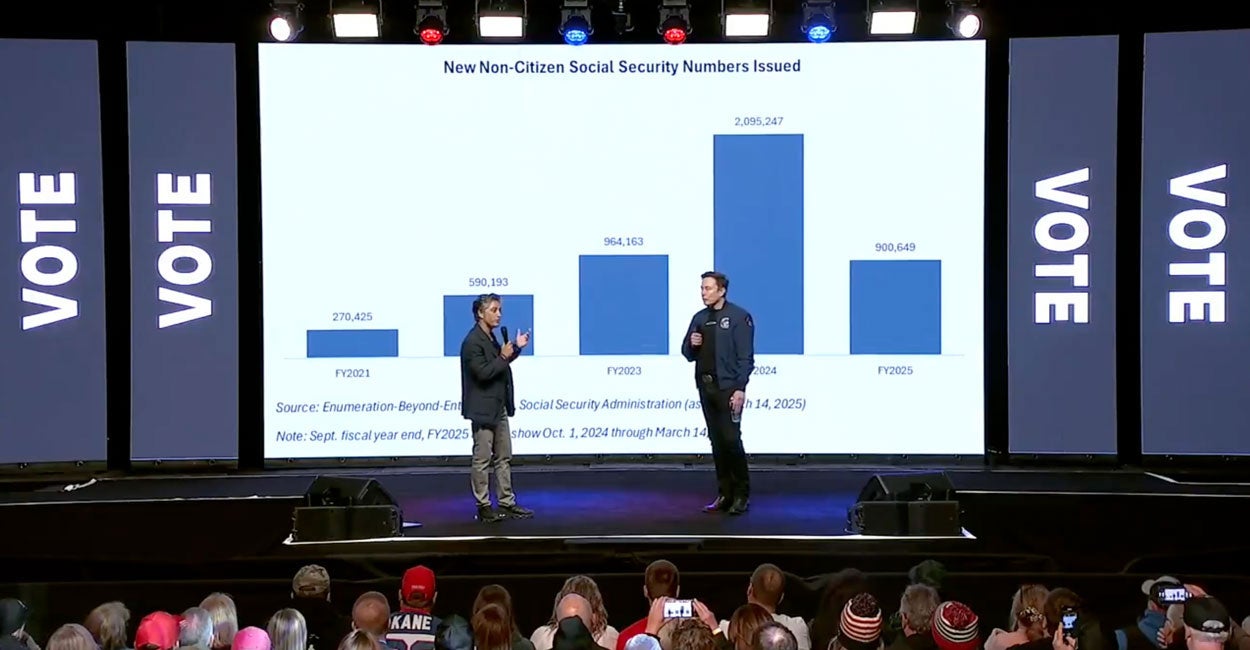NYU law professor backs Trump’s view on birthright citizenship
“Children born to parents who have violated U.S. laws barring their entrance here have also not indicated their complete allegiance to this country.”
New York University law professor Samuel Estreicher and law student Rudra Reddy have written an opinion piece in The Wall Street Journal that defended President Donald Trump’s view on birthright citizenship.
The opinion piece was in response to a recent argument by Yale law professor Jed Rubenfeld regarding the 14th Amendment’s Citizenship Clause. In his March 17 op-ed, Rubenfeld argued that the 14th Amendment grants automatic citizenship to children born in the US to parents who are in the country illegally. He argued that nearly all individuals born on US soil are subject to American law and therefore entitled to citizenship at birth, with only limited historical exceptions.
However, Estreicher and Reddy pushed back against this interpretation. They listed the example of American Indians being excluded from birthright citizenship as a contradiction to Rubenfeld’s claim, as they were still subject to US law. They noted that despite being subject to US law, Native Americans were not considered citizens until Congress passed a law granting them citizenship in 1924.
They argued that “subject to US jurisdiction” under the 14th Amendment requires more than mere presence within the country. The piece referenced the 1866 Civil Rights Act, which granted birthright citizenship but excluded individuals “subject to any foreign power.” They argued that the same exclusion applied when the 14th Amendment was ratified, citing the fact that “subject to US jurisdiction” meant “complete” jurisdiction, “not subject to any other power.”
Further supporting their argument, Estreicher and Reddy pointed to historical State Department rulings. In 1885, the department denied citizenship to Ludwig Hausding, an individual born in Michigan whose parents were non-naturalized. The State Department argued that birth alone does not constitute citizenship if the parents remain under foreign allegiance. Similarly, in 1879, the department ruled that American-born children of a man who had served in the Mexican army could lose their US citizenship if Mexico considered them its nationals.
“Children born to parents who have violated U.S. laws barring their entrance here have also not indicated their complete allegiance to this country, and are not entitled to citizenship at birth absent legislation so providing,” the two concluded in their piece.
The opinion comes as there have been growing legal arguments over President Trump’s efforts to abolish birthright citizenship. Debate has continued about whether or not the 14th Amendment’s citizenship clause should apply to the children of non-citizens who have children in the country.
The president signed an executive order to change the precedent on birthright citizenship upon taking office, however, lawsuits were quickly filed. The Trump administration has since asked the Supreme Court to allow a portion of the order to go into effect while the lawsuits play out in lower courts.













